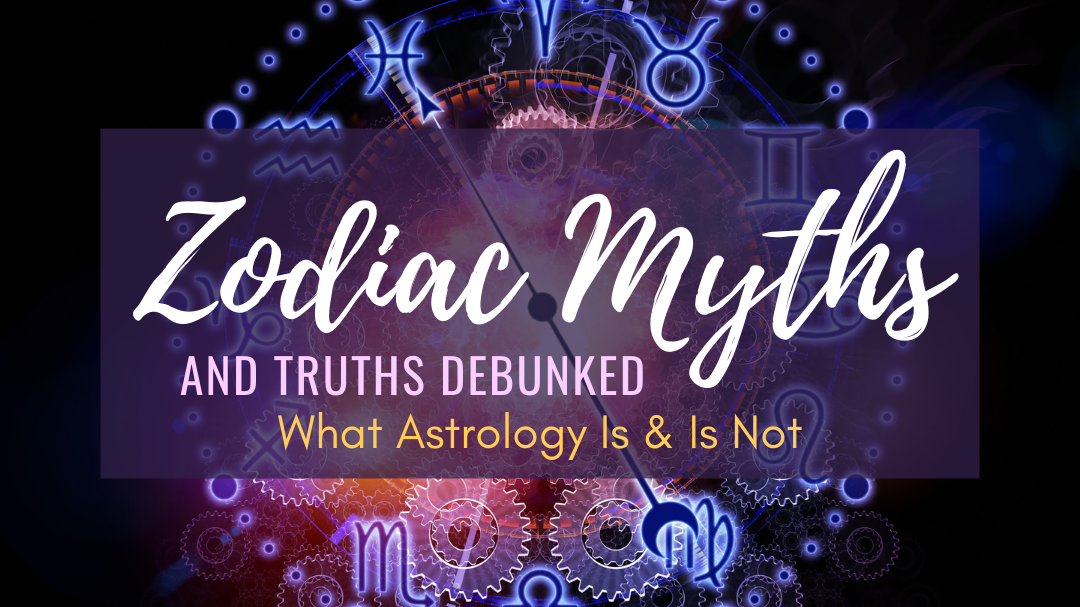Have you ever wondered if astrology signs are real or just a myth? In this article, we will explore the validity of astrology signs and debunk the popular zodiac myth. Whether you believe in astrology or not, join us as we delve into the fascinating world of star signs and uncover the truth behind their influence on our lives. From exploring the origins of astrology to examining the scientific evidence, this article aims to shed light on whether astrology signs are mere superstition or something worth considering. Get ready to challenge your preconceptions and learn more about this age-old practice.

What is Astrology?
Astrology is the belief and study of how celestial bodies, such as the stars and planets, influence and interact with human lives. It is based on the idea that the positions and movements of these celestial entities at the time of a person’s birth can reveal information about their character, behavior, and life events. Astrologers use charts and interpretation systems to analyze these celestial alignments and make predictions or assessments about an individual’s life.
Origins of Astrology
The origins of astrology can be traced back to ancient civilizations, such as the Babylonians and Egyptians, who observed the night sky and noticed patterns and connections between celestial events and earthly occurrences. Over time, this knowledge was passed down through generations and has evolved into the astrological systems we see today.
The Zodiac and Astrology Signs
The zodiac is a key component of astrology and is divided into twelve equal parts, each representing a different astrology sign. These signs are determined by the position of the Sun at the time of a person’s birth, and each sign is associated with specific personality traits, characteristics, and life themes. The twelve signs are Aries, Taurus, Gemini, Cancer, Leo, Virgo, Libra, Scorpio, Sagittarius, Capricorn, Aquarius, and Pisces.
The Personality Traits of Astrology Signs
Astrology signs are said to exhibit distinct personality traits and tendencies. For example, Aries is often described as confident, assertive, and adventurous, while Taurus is known for being dependable, patient, and practical. Astrologers believe that these traits are influenced by the positioning of celestial bodies in relation to the Earth and can help individuals better understand themselves and their relationships with others.
Scientific Critiques of Astrology
While astrology has gathered a large following and continues to be popular, it has faced significant criticism from the scientific community. Scientists argue that astrology lacks a scientific basis and should not be considered a reliable source of information or guidance. They assert that astrology’s predictive claims are not supported by empirical evidence and that the mechanisms proposed by astrologers, such as gravitational pull, are insufficient to explain astrological effects on human behavior.
Confirmation Bias in Astrology
Confirmation bias plays a significant role in astrology’s continued popularity. This psychological phenomenon refers to the tendency to seek and interpret information in a way that confirms existing beliefs or expectations. Individuals who believe in astrology may interpret events and behaviors in a way that aligns with their astrological predictions, overlooking contradictory evidence. This reinforcement of preconceived notions can lead to a reinforcing cycle of belief, further strengthening their faith in astrology.
Lack of Empirical Evidence
One of the most significant criticisms of astrology is the lack of empirical evidence to support its claims. Scientific studies that have systematically examined the accuracy of astrological predictions have repeatedly shown no consistent or significant correlations between astrological signs and personality traits or life events. The absence of reliable and replicable evidence undermines astrology’s credibility and calls into question its validity as a predictive or explanatory system.
Astrology’s Reliance on Generalizations
Astrology operates on the assumption that individuals born under the same zodiac sign share similar personality traits and life trajectories. However, this reliance on generalizations oversimplifies the complexity of human behavior and individual differences. It fails to account for the countless factors, such as upbringing, culture, and personal experiences, that shape an individual’s character and choices. Therefore, attributing personality traits solely to astrological signs overlooks the uniqueness and diversity of human beings.
Astrology and Barnum Statements
Astrology often employs what is known as Barnum statements or the “Forer effect.” These are generalized statements that appear to be highly personalized but are, in fact, vague enough to apply to a wide range of individuals. For example, statements like “You have a strong desire for success but fear failure” are ambiguous enough that many people can relate to them. By using these vague statements, astrologers give the impression of accuracy and insight while avoiding making specific predictions that could be proven wrong.
Alternative Explanations for Astrology’s Popularity
Despite the scientific critiques and lack of empirical evidence, astrology continues to captivate and engage millions of people worldwide. One possible explanation for its enduring popularity is the human desire for meaning, guidance, and self-understanding. Astrology provides individuals with a framework to reflect on their own lives, understand their strengths and weaknesses, and seek validation in the face of uncertainty. In a fast-paced and complex world, astrology offers a form of comfort and reassurance by giving individuals a sense of control and purpose.
In conclusion, astrology is a system that intertwines the positions of celestial bodies with human lives, offering predictions and insights based on the interpretation of these alignments. While it has ancient origins and a devoted following, it has faced substantial scientific criticism due to the lack of empirical evidence, reliance on generalizations, and the use of Barnum statements. Despite these critiques, astrology maintains popularity, addressing human desires for meaning, guidance, and self-understanding. Whether one believes in astrology or not, its impact on human culture and individual lives cannot be dismissed.


